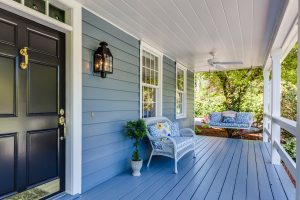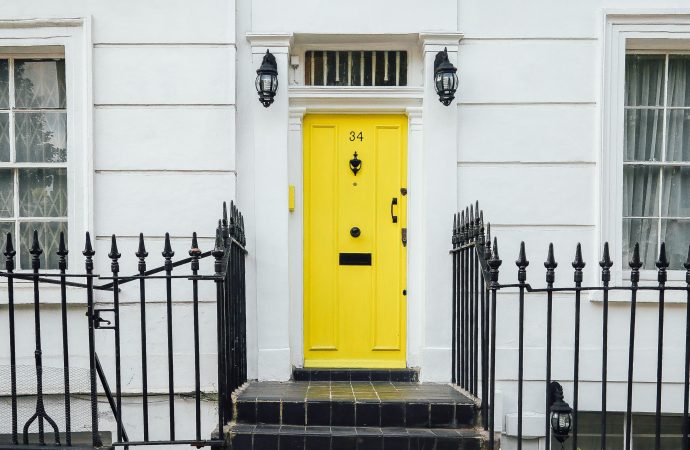Buying a House Without a Garage: Pros and Cons Are you in the market for a new home and wondering if it’s worth considering a house without a garage? For many buyers, a garage is considered a standard feature, providing extra storage space and a secure spot for vehicles. However, homes without garages can also
Buying a House Without a Garage: Pros and Cons
Are you in the market for a new home and wondering if it’s worth considering a house without a garage? For many buyers, a garage is considered a standard feature, providing extra storage space and a secure spot for vehicles. However, homes without garages can also offer unique advantages. In this article, we will explore the pros and cons of buying a house without a garage, helping you make an informed decision for your next real estate purchase.

Photo by Francesca Tosolini on Unsplash
Is a Garage a Necessity?
Before diving into the benefits and drawbacks, it’s essential to assess whether a garage is a necessity for you. For some homeowners, especially those living in urban areas with limited parking options, a garage might be non-negotiable. On the other hand, if you rarely use your garage or prefer a larger living space instead, exploring homes without garages could be a viable option.
Pros of Buying a House Without a Garage
- Cost Savings: One of the most significant advantages of opting for a house without a garage is cost savings. Garages can increase the price of a property significantly. By choosing a garage-free home, you might find more affordable options within your budget.
- Additional Living Space: Without a garage, you’ll have the opportunity to enjoy more indoor living space. You can utilize this extra area for an office, hobby room, home gym, or playroom for the kids.
- Larger Yard: Homes without garages often have more significant outdoor spaces. If you love gardening, want to create an outdoor entertainment area, or have pets that need ample room to roam, a garage-free property can be an ideal choice.
- Lower Maintenance: Garages require maintenance, from regular cleaning to potential repairs. By forgoing a garage, you can decrease your maintenance responsibilities and focus on other aspects of home ownership.
Cons of Buying a House Without a Garage
- Limited Storage: The most apparent disadvantage of not having a garage is the reduced storage space. If you have many belongings or own recreational equipment like bicycles, kayaks, or camping gear, finding alternative storage solutions may become necessary.
- Resale Value: Homes without garages might have a slightly lower resale value compared to properties with garages. This factor is essential to consider if you plan to sell the house in the future.
- Weather Exposure: Without a garage, your vehicles and belongings are exposed to the elements. Harsh weather conditions like rain, snow, and hail can potentially damage your car or outdoor equipment.
- Parking Challenges: Depending on the location of the house, finding parking spaces nearby could be challenging, especially if the neighborhood lacks ample street parking.
Factors to Consider Before Making a Decision
- Lifestyle: Evaluate your lifestyle and how a garage aligns with your needs. If you depend heavily on a garage for storage or vehicle protection, it might be better to prioritize this feature.
- Location: Consider the location of the property and the availability of parking options. If the area has reliable public transportation or convenient parking solutions, a garage may not be as crucial.
- Future Plans: Think about your long-term plans with the property. If you intend to stay in the house for a short period, the impact of resale value might be less significant.
- Budget: Calculate your budget and determine how much you are willing to invest in a property with or without a garage. Remember to consider potential savings and added costs.
Conclusion
Buying a house without a garage has its pros and cons, and the decision ultimately depends on your preferences, lifestyle, and budget. Assess your needs, consider the factors mentioned above, and weigh the benefits and drawbacks before making your final choice. Whether you prioritize cost savings and extra living space or require ample storage and vehicle protection, there’s a perfect home out there to meet your unique requirements.

















Leave a Comment
Your email address will not be published. Required fields are marked with *